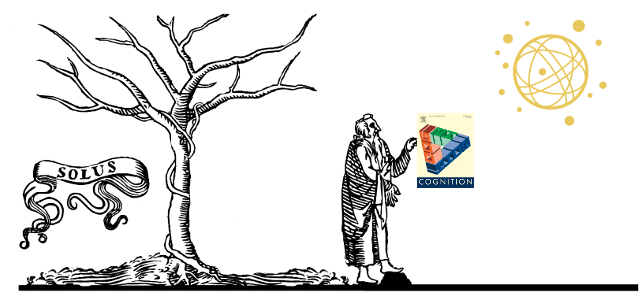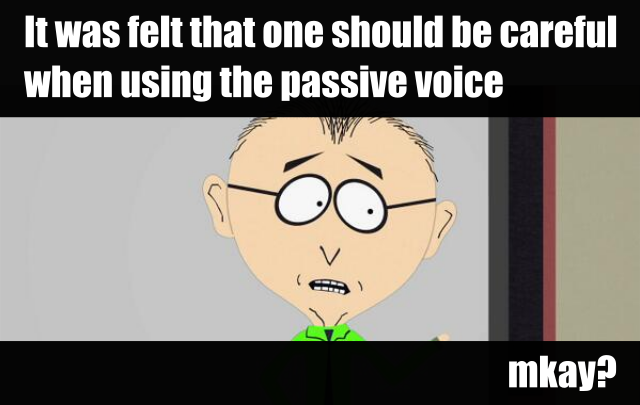Earlier today, the European Society for Cognitive Psychology (ESCoP) sent out an important email to its members. In this email, ESCoP announced that they will launch a new open-access journal. They further announced that they will break with Taylor & Francis (T&F), the publisher of their current journal, Journal of Cognitive Psychology (JCP). ESCoP's new open-access journal will not be a continuation of JCP. Instead, it will be an entirely new journal, with a new name, and with a new publisher.

A major academic society is moving toward open access—this doesn't happen everyday, and it's therefore an important and positive move. But it's also a surprisingly radical move. What drove ESCoP to make this decision?
Here's what I know, based on discussions and emails with those that were directly involved (I wasn't).
ESCoP initially wanted to transform JCP, their current journal, into open access, or at least to offer an affordable open-access option, while staying with T&F. But, oddly, ESCoP don't own their own journal: JCP is property of T&F. ESCoP is like the journal's caretaker: They get paid a small amount to select an editorial board, promote the journal, etc. But T&F own everything, from the journal's name to the papers published in it. And T&F decide what happens with the journal—the publisher is pulling the strings.
Subscription fees are T&F's main source of income. Unsurprisingly therefore, T&F weren't very co-operative when ESCoP presented their open-access ambitions. When it became clear …






